Refurbished Mysuru Rail Museum likely to reopen on Dec. 30
By Rajkumar Bhavasar
The rhythm of steam locomotive conjuring up images of belching smoke and shifting tracks will come alive at the Mysuru Rail Museum, which is being renovated and refurbished.
Mysuru has always enchanted tourists and visitors with its magnificent Palaces, beautiful gardens and rich cultural heritage. Mysore Palace, Sri Chamarajendra Zoological Gardens and St. Philomena’s Cathedral are some of the major tourist attractions here.

The Railway Museum of Mysuru is an interesting place to know about the spectacular journey of Railways in India spanning a period of more than 150 years. Located on KRS Road, opposite CFTRI Main Gate, the museum has a fascinating collection of several ancient steam locomotives and carriages.
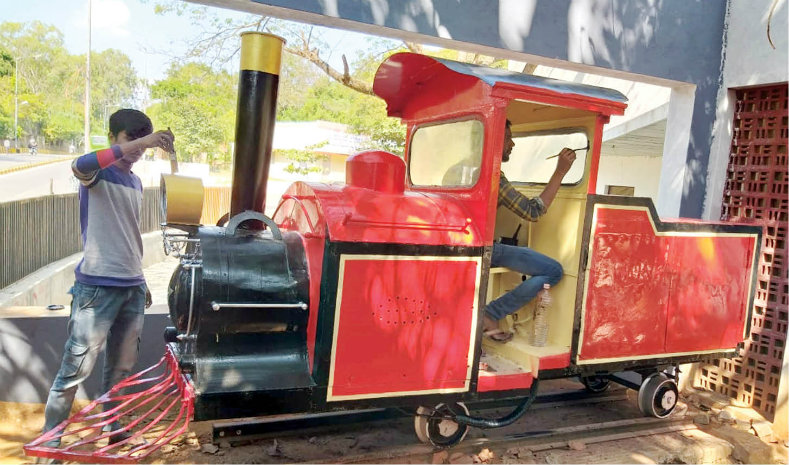
Only the second of its kind
In an effort to undertake development work and upgrade the facilities, the museum was closed in March this year. Now, after getting facelift, the iconic museum is all set to open its doors for visitors from Dec. 30. What makes the museum distinct is that it is only the second of its kind, after the National Railway Museum in New Delhi.
The museum is now equipped with an attractive entrance portico as well as completely refurbished locomotives, carriages and wagons along with other rare and interesting exhibits. There is even a battery-operated toy train for children.
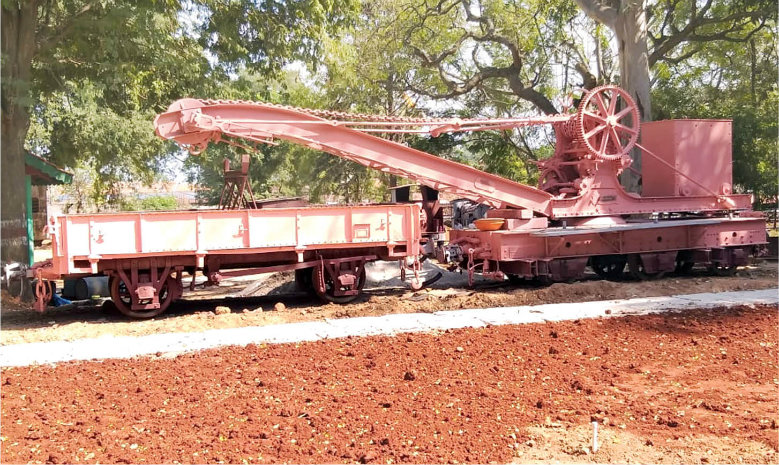
New amenities such as audio-visual media centre, playground for kids, cafeteria and toilets are all available now at the museum premises. Almost 90 percent of the work is complete and remaining work is under progress on a fast track mode.
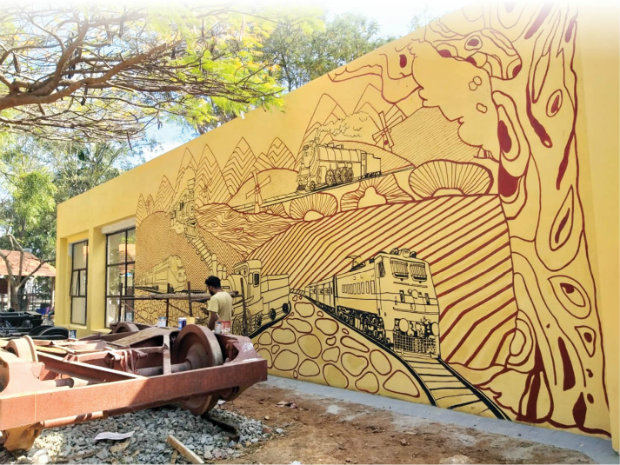
Rare glimpse into a bygone era
Established in 1979 by the Indian Railways, the museum is preserving and presenting a slice of the history of Indian Railways and its journey. A rare collection of royal carriages belonging to the erstwhile Mysore rulers, the Wadiyar Kings, is one of the high points of the museum and offers an idea about the grand nature in which the royalty of our country travelled those days.
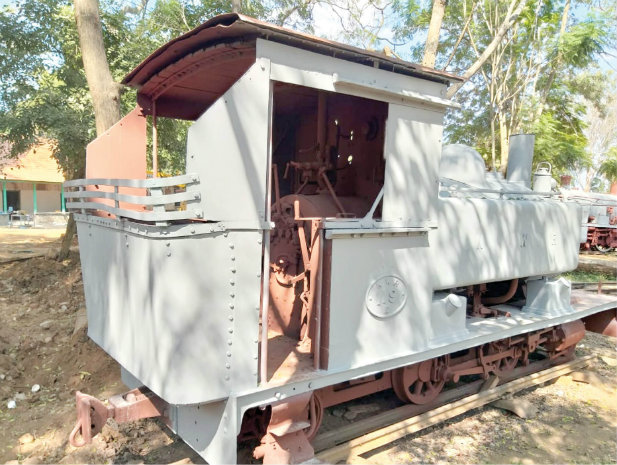
Steam-operated crane
Heritage furniture from different divisions has been procured and they are being repaired for display at the museum. A steam-operated crane, narrow gauge coaches, rail bus wagons, wooden metre gauge vintage wagon are some of the other attractions.
An old model of steam locomotive as well as diesel and electric engines, tank engine, Saloon Carriage of Mysore Maharani, telecom equipment, locomotive boiler, steam pump, double-wire case plates which were in use in 1910-1920s, narrow-gauge coach of 1927, an old steam engine built by TISCO, inner view of steam engine, etc. will be on display.
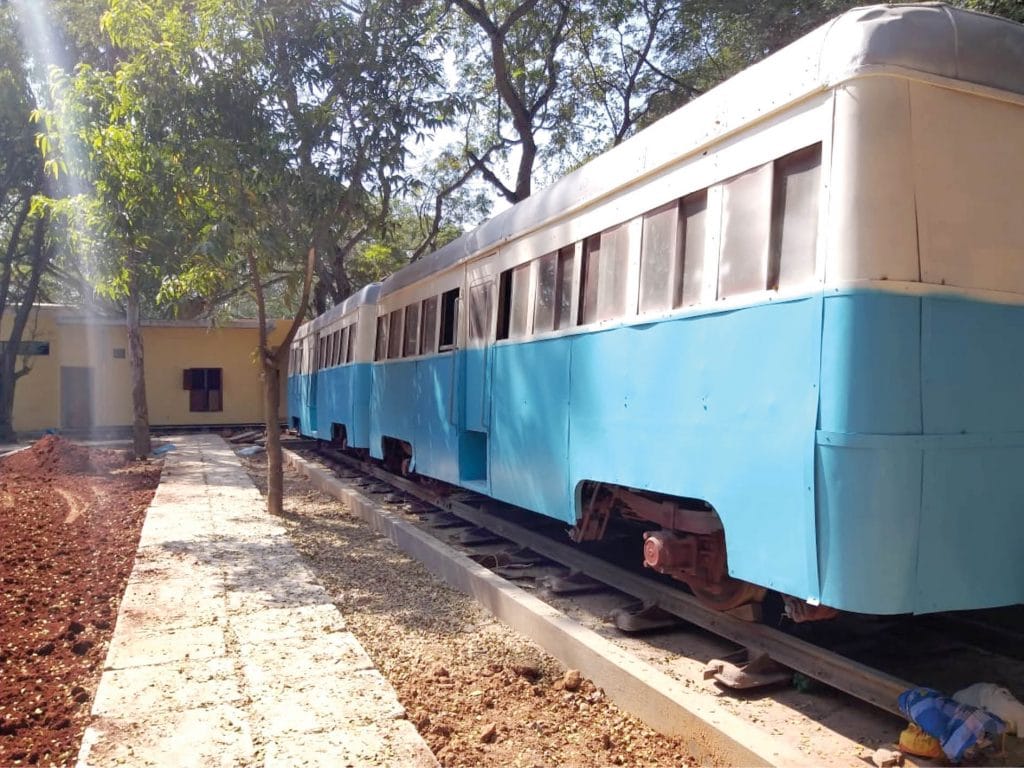
Maharani’s Saloon
The Maharani’s Saloon was built in 1899. It has a royal bedroom, an attached bathroom and an exclusive kitchen-cum-dining unit. Its delicate ceiling is replete with chandeliers and fans. This unit provides us a glimpse of the luxury and grandeur of the royalty.
It houses a rich collection of paintings and photographs tracing the development of Indian Railways in various stages — past, present and future. Another significant place in the museum is the Sriranga Pavilion, the entrance of which is designed using ornate rosewood pillars. It houses numerous Railway artefacts like a model rail bridge, a working steam locomotive prototype, Railway gear and furniture, and several other objects.
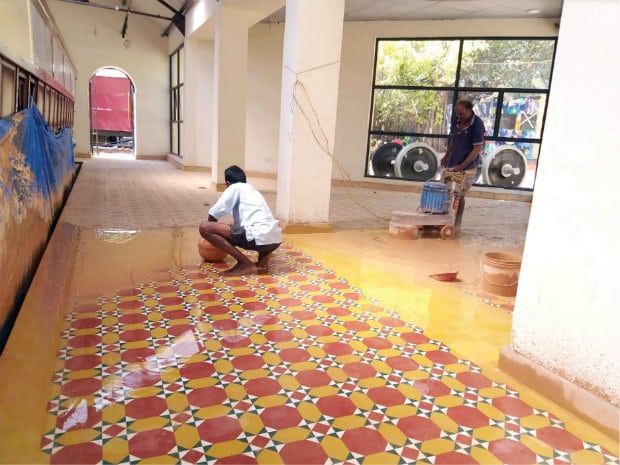
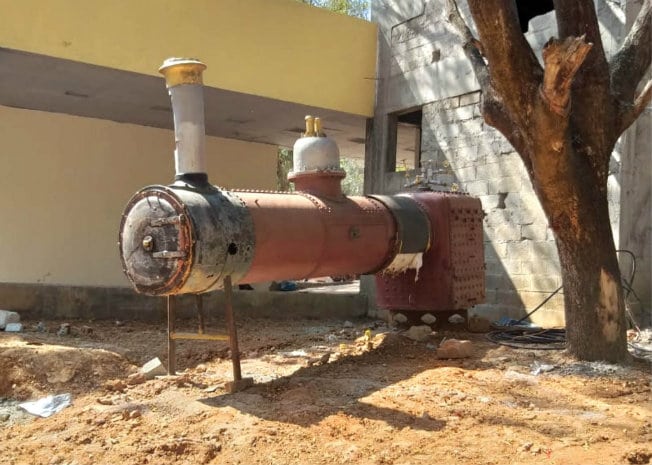
Riding on the rails of history
Some of the steam locomotives, both narrow gauge and metre gauge, pre-dates Indian independence. The NG North Western Railway (NWR) Engine Loco No-119E is one such exhibit. Built in the year 1900 by WG Bagnall and Co., it is the oldest exhibit in the museum and it used wood as fuel instead of coal. Another engine found here is the MG Steam Engine Loco — YP2511 that was built in 1963. It is one of the last steam locos used in the 20th century before it was decommissioned in 1993. It comprises a super-heated boiler and can work at a maximum speed of 75 kmph.

Divisional Railway Manager of South Western Railway Aparna Garg said, “The exhibits of colonial, pre-independence and post-independence eras will be displayed in a systematic fashion. These age-old Railway engines and bogies are getting a new look with painting and repairs. We are making all efforts to open the museum for visitors by Dec. 30.”
The museum also comprises a hand-operated steam water pump developed in 1932 by Merryweather in London. It worked on the steam generated by a copper boiler and was used in the fire service and pumping water for irrigation purposes. Other interesting exhibits include the MG Hand Crane built in the year 1885, and a battery-operated mini toy train.



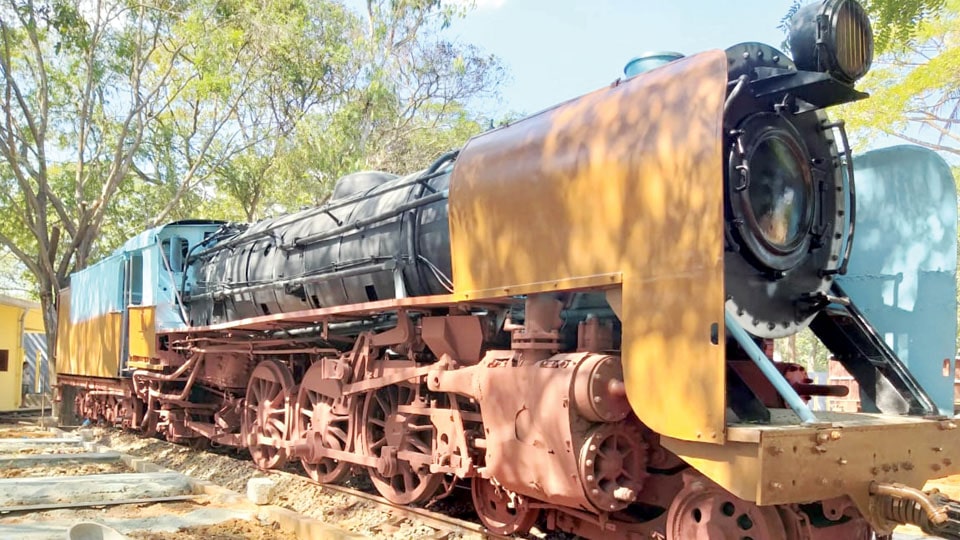

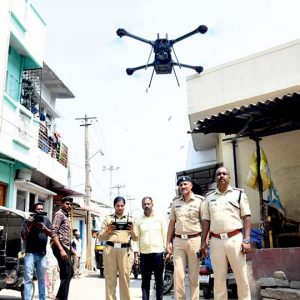

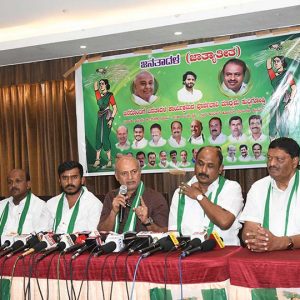
Recent Comments